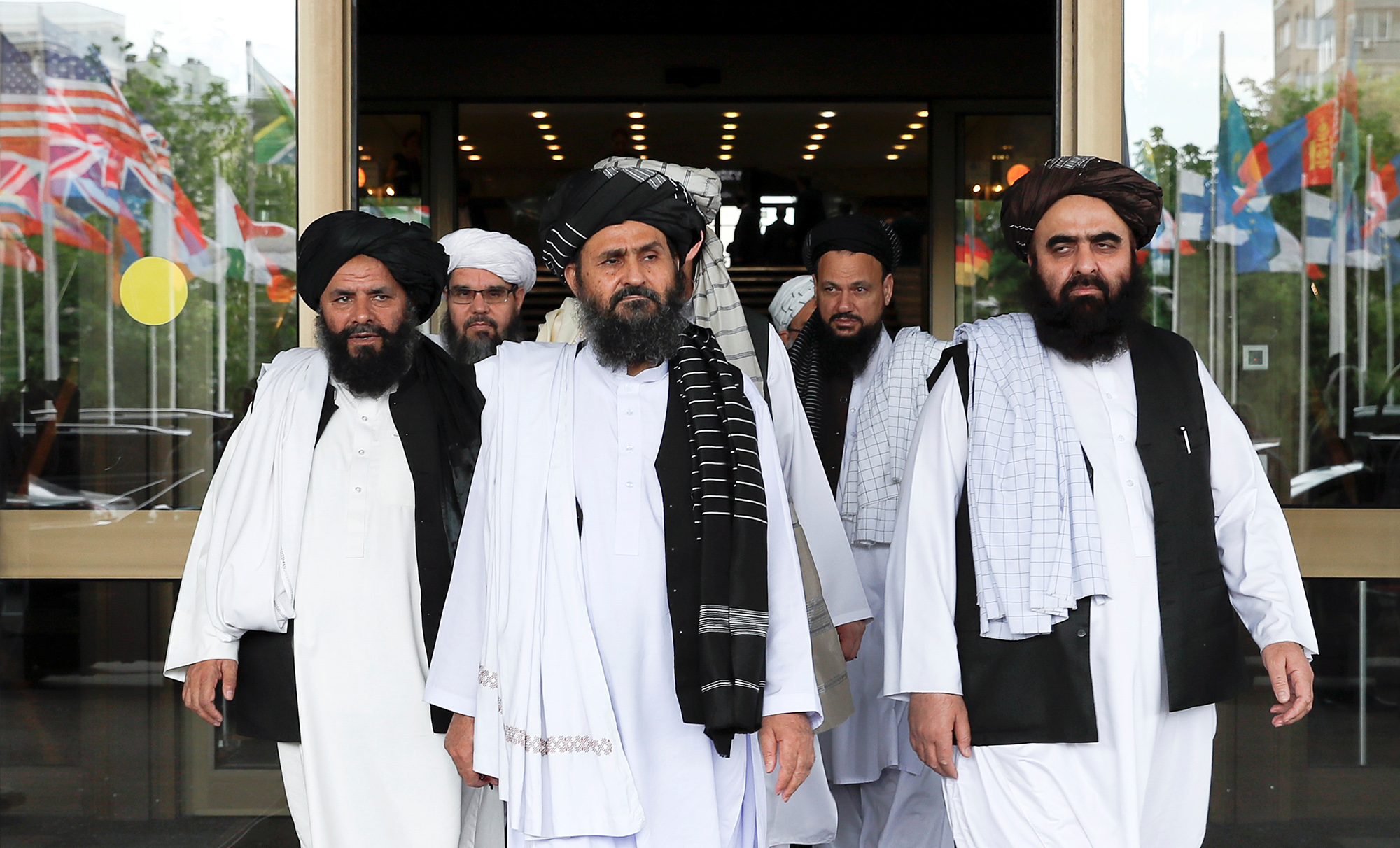
by Qura tul ain Hafeez 29 December 2022
The United States and the Taliban agreed in Afghanistan after more than eighteen years of conflict. The agreement, which was signed in early 2020, focuses on four issues: reducing violence, removing foreign troops from Afghanistan, launching intra-Afghan negotiations, and ensuring that Afghanistan won’t once more serve as a haven for terrorists. After the Taliban seized control of Afghanistan in 2021, the world’s deadliest conflict dwindled into a tense peace. Since the Taliban seized power no nation has “recognized” them as Afghanistan’s new government. Because of ongoing Taliban violence and a fragile government, there has been much speculation regarding the prerequisites and effects of recognition.
The United Nations Security Council (UNSC) stated on August 30, 2021, urging “all parties to seek an inclusive, negotiated political settlement that responds to the desire of Afghans to sustain and build on Afghanistan’s gains over the last 20 years in adherence to the rule of law, and underlines that all parties must respect their obligations.” As the de facto government, the Taliban are required to carry out Afghanistan’s counterterrorism duties, exercising criminal jurisdiction, prosecuting offenders, and punishing those found guilty; providing mutual legal assistance; maintaining border security; and freezing and seizing terrorist funds. Additionally, the Taliban would also be obligated to Suppress; terrorist acts through law enforcement, recruitment, training, and use of foreign fighters and weapons for terrorists and implement UNSC financial sanctions against the Taliban itself, al-Qaeda, and ISIL-K.
A year after the Taliban seized power the situation of Afghans got worse. The health care system is in disarray, the economy is dire, malnutrition is at its peak, women’s rights are being restricted, there is ongoing internal migration, and it is estimated that the already high maternal mortality rates have increased fourfold. Although the Taliban assert that they have established security, completely controlled their territory, and eliminated “islands of illegitimate power.” however, a significant increase in attacks by the Islamic State Khorasan Province (IS-KP) targeting Shia and other minorities is one of many signs that Afghanistan is far from secure. Moreover, the viciousness of the ongoing conflict is highlighted by the targeted killings of prominent Taliban supporters and members, some of which the IS-KP carried out in suicide attacks that mirrored Taliban tactics.
The security situation for Afghanistan’s neighbors is also being impacted by the Taliban takeover of that country. The Tehrik-e-Taliban Pakistan (TTP), an insurgent organization linked to the Afghan Taliban, is becoming even more active in Pakistan. Owing to the complexity of the situation neighbors and regional players have made an effort to communicate with the Taliban. Nations, including Pakistan, Iran, China, and Russia, have maintained their embassies to maintain active channels of communication with the Taliban regime without formally endorsing it. However, at present, It will undoubtedly be more difficult for regional actors to do so in the wake of Al-death Zawahiri’s and the Taliban’s failure to show that it had severed ties with Al-Qaeda and increased the likelihood of increased tension between the regime and the outside world.
Al-Zawahiri was hosted and protected in Kabul by the Taliban, even though they deny knowledge of his presence there. The international community blames the Taliban for blatantly flouting the Doha Agreement 2020 while simultaneously assuring the world that they would not permit terrorists to use Afghan territory to endanger the security of other nations. The Taliban remain fixated and continue to pursue their goal of receiving international recognition as the de facto and de jure governments, something that appears completely improbable for the foreseeable future. Regional powers are cautiously negotiating with the Taliban as they are the only realistic stability guarantors currently available.
Western nations are concerned that Afghanistan will become a haven for militants. This is the reason many nations still avoid doing business with the new Kabul government. Afghanistan will likely continue to be dangerous for some time. Taliban governance will continue to be appallingly inadequate and widespread violence will likely return. However, there is still a chance that Afghanistan could improve its security for both its citizens and the rest of the world.
